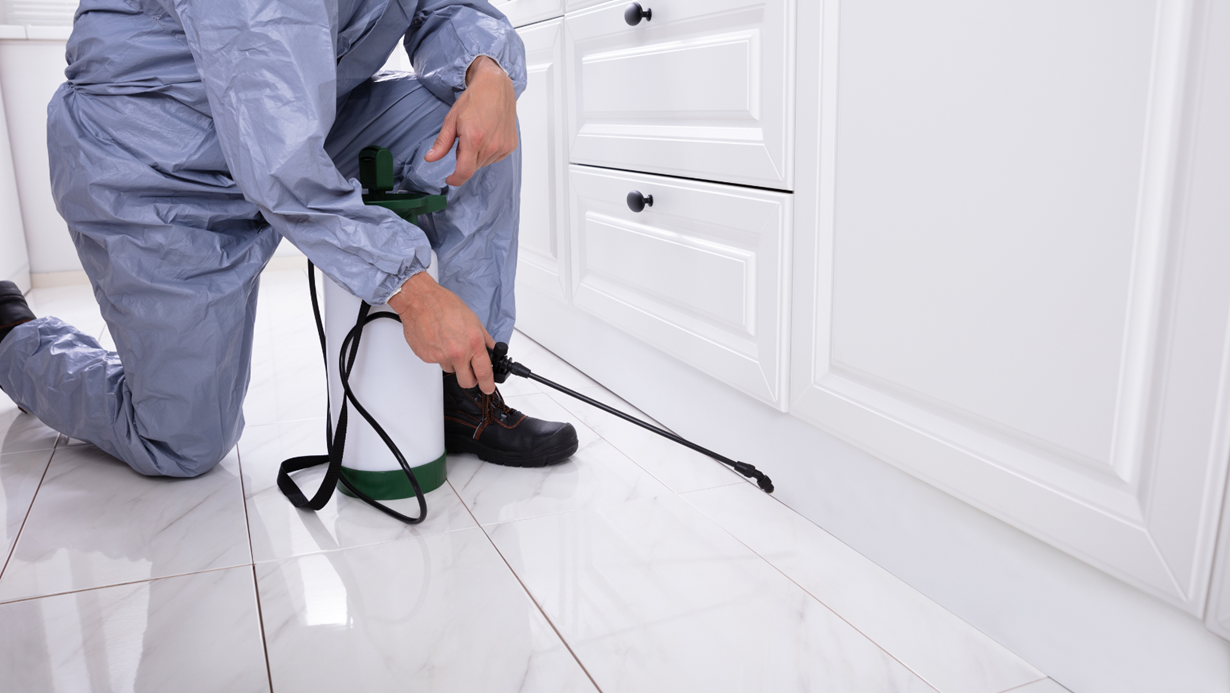Agricultural supply stores play a crucial role in the farming industry by providing necessary equipment and products to farmers. However, these stores are also at risk of pest infestations, which can lead to significant damage to their inventory and reputation. That’s why it’s essential for these stores to implement safe and effective pest control measures.
Pests in agricultural supply stores can cause havoc by damaging crops, contaminating food items, and destroying equipment. They can also spread diseases and bacteria that pose a threat to human health. The presence of pests in an agricultural supply store can lead to financial losses due to damaged goods, loss of customers’ trust, and costly extermination treatments.
To ensure the safety of their products and customers, agricultural supply stores need robust pest control strategies. However, traditional methods such as using chemical pesticides may not be the best option for these types of businesses as they can harm farm produce and potentially pose health risks for workers.
Fortunately, there are safe and environmentally-friendly alternatives that are just as effective in controlling pests while minimizing any negative impacts on crops or humans. One such method is integrated pest management (IPM), which involves a comprehensive approach that focuses on prevention rather than https://www.wordofmouth.com.au/reviews/safe-pest-control-neutral-bay-nsw just elimination.
IPM starts by identifying potential entry points where pests could access the store’s premises – cracks on walls or floors, faulty doors or windows – all must be sealed off properly. Good sanitation practices must also be observed by disposing of trash regularly in covered bins away from the store’s vicinity.
Next is using mechanical methods like traps or barriers instead of toxic chemical pesticides specifically designed for rats or mice who often feed on grains stored inside an agricultural supplies store. Traps should constantly be checked for any rodents caught so they may be removed promptly without causing them unnecessary suffering.
The use of natural predators such as ladybugs for controlling aphids would decrease reliance on chemicals aiming at killing those tiny yet harmful insects without harming beneficial ones like bees whose pollination is essential for crop growth. Implementing repellents and baits containing plant-derived ingredients would effectively deter pests from entering the store.
In addition, regular inspections are vital in preventing infestations before they occur. Hiring a professional pest control service that specializes in IPM can help monitor the store’s premises and apply non-toxic treatments when necessary.
Training employees on proper storing and handling of products is also crucial. A well-organized inventory system with proper rotation of stock can prevent goods from spoiling or attracting pests. Employees should also be aware of the warning signs to look out for to detect any pest activity early on before it turns into an infestation.
In conclusion, safe pest control measures must be taken by agricultural supply stores to protect their products and keep their customers safe. Implementing IPM techniques, regular inspections, and employee training are all essential components in maintaining a pest-free environment while minimizing potential risks associated with traditional chemical pesticides. By prioritizing safe options for pest control, agricultural supply stores can thrive without causing harm to their surroundings or compromising their reputation.




